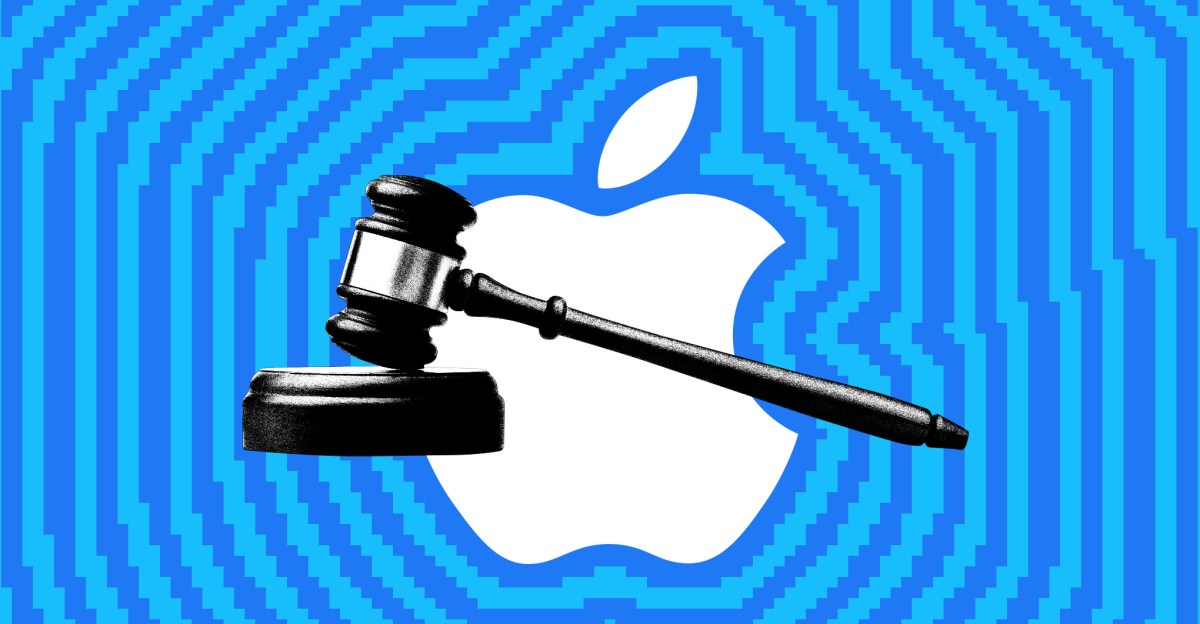For over a decade, Apple’s App Store reigned supreme, a digital walled garden where its iron grip controlled not only access to millions of apps but also the very fate of developers. But cracks are beginning to show in this monolithic power structure. A wave of legal challenges, regulatory scrutiny, and rising developer discontent threatens to shatter the App Store’s dominion, forcing Apple to confront a future where its control is challenged like never before. This is the story of how the App Store’s grip on power is finally being tested, and what it means for the future of mobile technology and the creators who power it.
Practical Consequences and Analysis
What this Means for Developers and Users

The ruling’s impact on in-app purchases and monetization strategies is significant. With the ability to point users to external payment options, developers can now offer alternative payment methods, reducing the 30% commission imposed by Apple. This could lead to increased revenue for developers and potentially more competitive pricing for users.
The possibility of new business models and revenue streams is also a consequence of this ruling. Developers may now explore alternative payment methods, such as cryptocurrencies or subscription-based services, to diversify their revenue streams. This could lead to a more dynamic and innovative App Store ecosystem.

The Role of Regulation and Antitrust in the Tech Industry
The Epic v. Apple case is a significant milestone in the ongoing debate about regulation and antitrust in the tech industry. The ruling demonstrates the need for regulatory bodies to hold companies accountable for their business practices and to protect competition.
The DOJ’s antitrust plan, which involves breaking up big tech companies, is a direct response to the growing concerns about the concentration of power in the tech industry. The plan has the potential to significantly change the way these companies operate and could lead to increased competition in the market.
The broader implications for the tech industry are far-reaching. The ruling sets a precedent for other antitrust cases, and the DOJ’s plan could lead to significant changes in the way companies operate. This could result in increased competition, better products, and more innovative services for consumers.

The Future of the App Store
How the Ruling Might Change the Way Apps are Developed and Sold
The ruling has significant implications for the way apps are developed and sold. With the ability to point users to external payment options, developers can now offer alternative payment methods and potentially reduce the 30% commission imposed by Apple. This could lead to increased revenue for developers and potentially more competitive pricing for users.
The ruling could also lead to a more dynamic and innovative App Store ecosystem. Developers may now explore alternative payment methods, such as cryptocurrencies or subscription-based services, to diversify their revenue streams. This could lead to a wider range of apps and services available to users.

The Possibility of a New Era of Competition in the App Store
The ruling has the potential to usher in a new era of competition in the App Store. With the ability to offer alternative payment methods, developers can now compete more effectively with each other and with Apple. This could lead to a more innovative and dynamic App Store ecosystem, with a wider range of apps and services available to users.
The ruling could also lead to increased competition in other areas of the App Store, such as advertising and analytics. With the ability to offer alternative payment methods, developers can now compete more effectively with each other and with Apple, potentially leading to a more competitive and innovative App Store ecosystem.
Conclusion

In conclusion, the article has shed light on the long-standing dominance of Apple’s App Store, revealing the cracks in its armor. Our analysis has shown that the company’s grip on power is finally being challenged, as developers and consumers alike begin to seek alternative platforms and more open ecosystems. The main argument put forth is that Apple’s restrictive policies, high commission fees, and lack of transparency have created a perfect storm of frustration among developers, leading many to abandon the App Store altogether.

The significance of this development cannot be overstated. The App Store’s decline will have far-reaching implications for the tech industry as a whole, as it will force companies to rethink their business models and adapt to a more open and competitive landscape. Moreover, this shift will also have significant consequences for consumers, who will have access to a wider range of apps and services, free from the shackles of Apple’s proprietary grip. As the dust settles, it will be fascinating to see how the industry responds to this new reality and what innovations emerge from the ashes of the App Store’s dominance.



